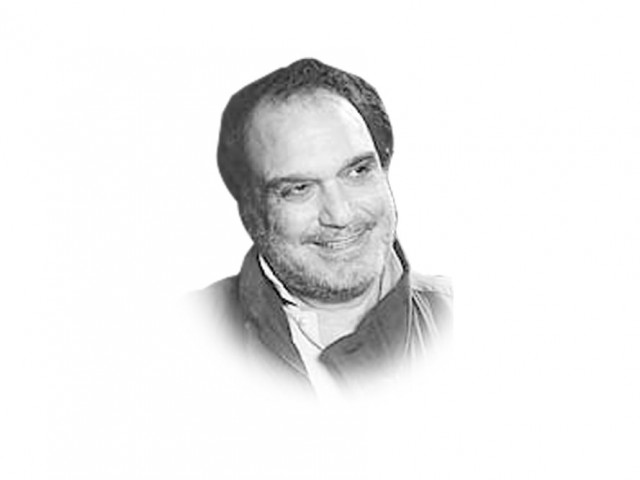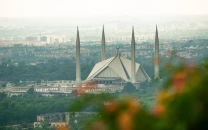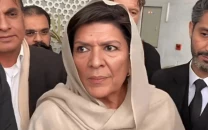Scanning the fault lines
Irfan Husain finds that Osama bin Laden was not as popular in the rest of the Islamic world as he was in Pakistan.

Irfan Husain has written his book Fatal Faultlines: Pakistan, Islam and the West (Harper Collins India 2012) with a balanced view, and it is well written, which you always expect from Irfan who is the son of a rare Urdu stylist mother and an enormously polyglot father, Dr Akhtar Husain Raipuri. He is refreshingly non-partisan in his view of the East-West civilisational debate and hence blameless when he appears dismayed by Muslim bias.
After having surveyed the hate map of the Muslim world, he looks for shades that may save face. He finds that Osama bin Laden was not as popular in the rest of the Islamic world as he was in Pakistan. Will that form some kind of positive interface with the West that fears al Qaeda? He writes: “So does that mean then that the Muslim public is basically with America against al Qaeda? The answer is no. While al Qaeda may not be popular, large majorities said they perceive al Qaeda as seeking to ‘stand up to America and affirm the dignity of the Islamic people’ and equally large majorities agree with this goal” (p.23).
He finds Indonesia least extremist in the survey. Sixty-six per cent had an unfavourable view of the US but a more modest 16 per cent had a very unfavourable view (p.21). But the latest issue of The Economist (June 8, 2012) says: “During an Ascension Day service on May 17, 2012, about 100 Protestants were attacked by a Muslim mob at their church on the outskirts of Jakarta. The mob hurled stones, bags of urine and death threats at the congregation. Since May 2, local government officials in the Muslim province of Aceh, in northern Sumatra, have closed at least 16 Christian churches, citing lack of permits”.
To restore balance, the author states: “The US was never given due credit in the Islamic world for intervening on the side of the Bosnian Muslims and later rescuing the Muslims of Kosovo. In both conflicts, the US overcame the pusillanimity of other Nato members and prevented a possible genocide” (p.68).
He is fair when he examines the injustice of Israel perpetrated through the Balfour Declaration of 1917. And he opposes Israel’s “right to occupy and annex Palestinian land captured in the 1967 war” (p.77).
Irfan is worried by what he calls “The Pakistani Paradox”. He states: “Tension between fundamentalism and moderation lies at the heart of the seemingly endless cycle of violence the country is experiencing. In fact, it is built into Pakistan’s DNA. Conceived as a homeland for the Muslims of the subcontinent, rather than as an Islamic state, by its founder, Muhammad Ali Jinnah, his dream of a modern, secular nation has been steadily subverted. Indeed, it is hard to reconcile the religious violence that wracks present-day Pakistan with its founding father’s vision” (p.96).
The utopia of Pakistan is presented by ex-ISI boss, Hameed Gul: “Courts will be free: they will be interpreting the Holy Quran, and it will put all anxieties at rest. The education system will be equal, not class-based; public schools accessible only to the rich and mighty will disappear. There will be interest-free banking” (p.171).
The Taliban had their utopia in Afghanistan. We are still coping with the anxieties they left behind.
Published In The Express Tribune, June 17th, 2012.



















COMMENTS
Comments are moderated and generally will be posted if they are on-topic and not abusive.
For more information, please see our Comments FAQ